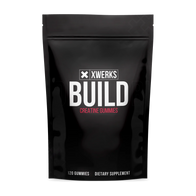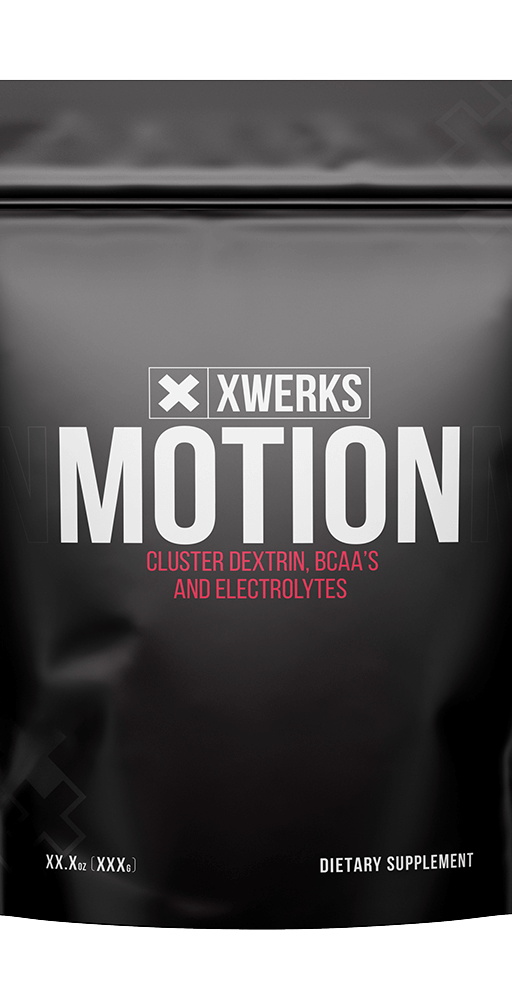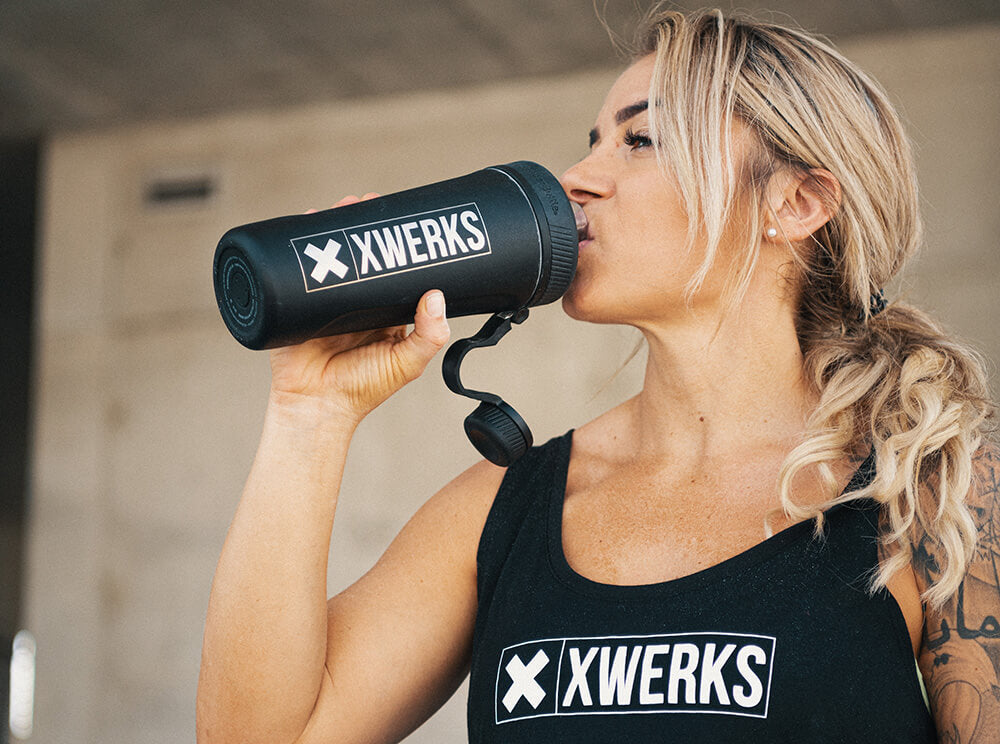When it comes to how much protein your body can use versus how much you need for muscle growth, there is a lot of discussion. There is some debate about how much people on a resistance training program need on a daily basis versus the amount that can be used in a single meal. In this article, we’ll look at answering the question “how much protein can your body absorb?”
Recommended Daily Allowance of Protein
The RDA of high-quality protein required in healthy adults aged 19 and over is about 0.8 grams per kilogram of body weight per day. This will ensure that you maintain a nitrogen balance of 97.5%.
That being said, this is not appropriate for those who are trying to increase muscle mass because it doesn’t consider energy status when determining protein needs. One thing to keep in mind is that your body can’t store extra protein like it can carbs and fats.
For the average person, 20 to 30 grams of protein maxes out the body’s protein synthesis response. There is some information indicating that some individuals need more, which may be due to the source. For example, if you’ve chosen a plant-sourced protein over an animal-sourced one, you’ll need more to get the same effect.
Since whey protein is high in BCAAs, especially leucine, a 20-gram serving will max out protein synthesis. It’s important to note that in order to increase muscle mass, you must either decrease protein degradation, increase protein synthesis, or a combo of the two.
When in a stressful situation, such as physical activity or energy restriction, this RD is not appropriate.
- Catabolic conditions: higher protein needed to reduce the loss of lean body mass
- Anabolic conditions: higher protein needed to increase lean body mass gain
Research has shown that protein consumption higher than the RD improved lean body mass when individuals were stressed by catabolic stressors including dietary restrictions without the anabolic stress of resistance training. Approximately 1.3 grams per kilogram of body weight per day creates positive changes in lean body mass.
One recent review of several research studies looked at the relationship between protein intake and bodily response, while also looking at this relationship when resistance training was involved or not. The results were as follows:
- Protein supplementation effectively increases lean body mass with and without resistance training
- Total protein consumption over a variety of doses was positively associated with an increase in lean body mass.
- Rate of increased effect maxed out at 1.3 grams per kilogram of body weight per day
How Much Protein Should You Have at One Time?
According to research, muscle protein synthesis is maxed out with about 20 to 25 grams of protein per meal for young adults. Anything above this is believed to be oxidized for energy or utilized to create alternative body compounds.
Of course, it’s important to note that there are several variables involved, including:
- Protein source
- Composition of meal
- Amount of protein consumed
- Specifics of workout routine
Other variables involved include:
- Age
- Training status
- Amount of lean body mass
Also, since muscle development is a balance between muscle protein synthesis and muscle protein breakdown, these must also be considered before determining appropriate protein dosage.
How Much Protein Can Your Body Use?
There is a misconception related to protein that has been circulated for a long time and that is that your body can only absorb a certain amount of protein. The term “absorption” is used to describe the passage of nutrients from your gut into circulation. When you think of it this way, the amount of protein that your body can absorb is unlimited.
Basically, unless there is some characteristic of the protein that makes it less bioavailable, your body will absorb every bit of protein that you consume. That being said, if you choose a plant-based protein, you’ll have to eat more to get the same amount of protein you would get from an animal-sourced protein.
The real question should be how much your body will use to build muscle.
There is also some belief that when you consume too much protein, the rest is used for energy. This belief is true and- if you are trying to lose fat- it’s a good thing. At this point, protein becomes thermogenic.
Therefore, more protein is better if you place importance on body composition and fat loss.
Conclusion
Most sources would agree that, if your goal is to maximize gains in strength and muscle mass due to resistance training- a total daily protein consumption of 1.6 grams per kilogram of body weight per day is ideal. This is also true in non-dieting situations.
That being said, you should not view this 1.6 grams as a universal limit. This doesn’t mean that anything over that amount will be wasted. In fact, there is some research indicating that up to 2.2 grams per kilogram of body weight per day is perfect for building muscle.
References
“Aid Strength, Endurance & Muscle Build: Leucine Explained.” MYPROTEINTM, 31 Jan. 2022, www.myprotein.com/thezone/supplements/what-is-leucine-dosage-benefits-side-effects/.
“Animal Source Protein - an Overview | ScienceDirect Topics.” Www.sciencedirect.com, www.sciencedirect.com/topics/agricultural-and-biological-sciences/animal-source-protein. Accessed 11 July 2022.
“BCAAs (Branched-Chain Amino Acids): Are There Health Benefits?” WebMD, www.webmd.com/diet/health-benefits-bcaas#1.
“Fats | Nutrition.gov.” Www.nutrition.gov, www.nutrition.gov/topics/whats-food/fats.
Harvard School of Public Health. “Protein.” The Nutrition Source, 2019, www.hsph.harvard.edu/nutritionsource/what-should-you-eat/protein/.
Mayo Clinic Staff. “Choose Your Carbs Wisely.” Mayo Clinic, 2017, www.mayoclinic.org/healthy-lifestyle/nutrition-and-healthy-eating/in-depth/carbohydrates/art-20045705.
Wempen, Kristi. “Are You Getting Too Much Protein.” Www.mayoclinichealthsystem.org, 21 Nov. 2016, www.mayoclinichealthsystem.org/hometown-health/speaking-of-health/are-you-getting-too-much-protein.
“What Are Thermogenic Calorie-Burners and How Do They Work? | GNC.” Www.gnc.com, www.gnc.com/diet/what-are-thermogenics.html.
“What Is Bioavailability? How to Make Sure Your Supplements Actually Work.” Bulletproof, 11 Feb. 2022, www.bulletproof.com/supplements/what-is-bioavailability/. Accessed 11 July 2022.
“What Is Plant Protein?” The Spruce Eats, www.thespruceeats.com/what-is-plant-protein-and-how-is-it-used-5114486.






















